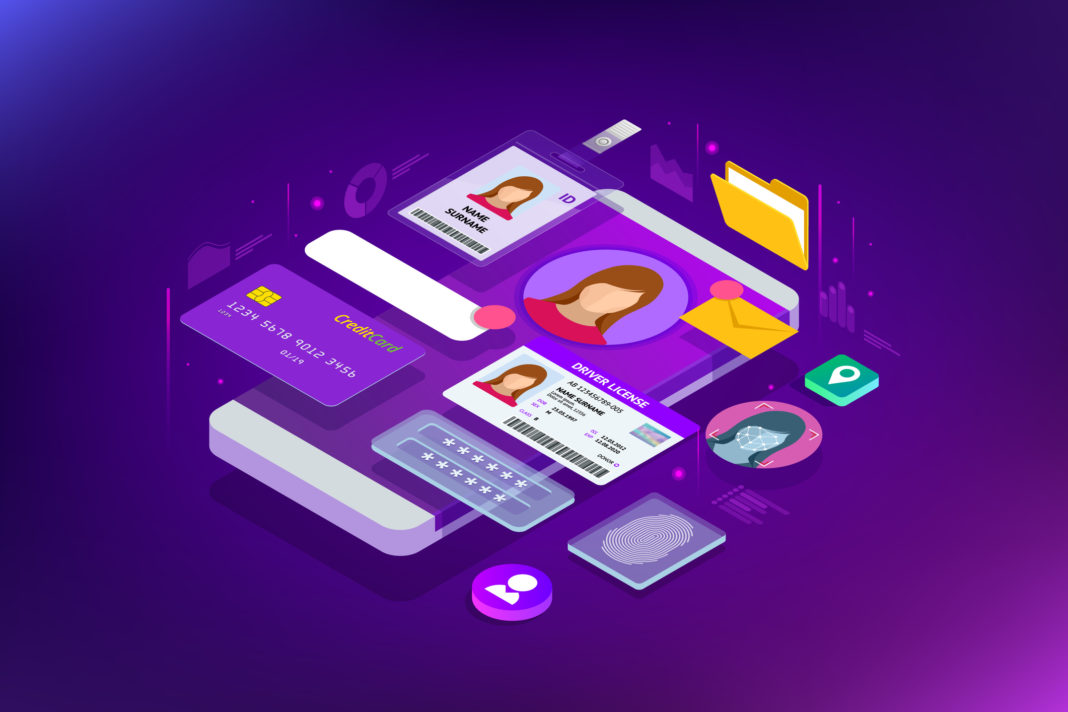These days, no matter what the need, as the ad copy has now made famous: There’s an app for that. Dating, games, niche retail, self-help programs, food delivery services, exercise, and crossword puzzles are just a few types of the millions of apps available at one’s fingertips.
There are about 6 million apps available between the Apple Store and Google Play.
For most people, downloading an app has become second nature to get things done in our increasingly digital world. Unfortunately, apps deliver whatever is promised with an ulterior agenda: to invade our digital privacy and collect our data.
Here’s what you need to know:
When you install an app onto your device, it often requests permission to access features on your smartphone like your microphone and camera as well as specific information including your contact list or your photo library. Sometimes these requests are necessary for the app to function (like a navigation app requesting permission to use your location), and sometimes they aren’t (like a flashlight app requesting permission to record audio).
In either case, most users don’t think twice before hitting “Accept” to the terms and conditions of the app before installing it, which grants the app the ability to freely track your activity. This tracking can range from constant monitoring of your location (even when you’re not using the app) to your web browser search history, what you click and type, your call logs and text messages, and even the front and rear cameras in your smartphone. And yes, some apps take photos and videos and record your voice without your knowledge.
Creepers gonna creep?
Companies often claim to use all sorts of tracking to improve the app and better serve their customers.
The popular Canadian fast food chain Tim Horton’s came under fire when Canada’s privacy commissioner revealed that the company had been collecting its customer’s location, sometimes as often as every few minutes, since 2019. The company claimed it was to better target promotions, but the fact remained: huge amounts of sensitive information about its customers had been secretly collected.
The revelation uncovered something that was against the law, and common decency, but Tim Horton’s is by no means alone.
The fact is that apps often harvest your confidential data to create another revenue stream. By tracking your online behavior and history, apps can generate detailed user profiles–interests, sexual orientation, health habits, and daily location. They sell that data to third-parties who often do not respect the privacy policies of the apps that harvested the information.
Additionally, apps can place your security at risk by triggering malicious activity on your device. For example, many apps contain ad-libraries that can download harmful malware and launch “root exploits” that take control of your device. CamScanner is a common app meant to imitate a scanner with your phone camera – but recently, this app was found to have malicious components that downloaded malware, seriously damaging user’s phones and potentially placing their data in the hands of cybercriminals.
What should you do about it?
Most of us have between 15-25 apps on our phones. The exploitation of your personal data feels inevitable to many of us. But there are steps you can take to protect your security and keep your personal data guarded:
- Before installing an app, read through the terms and see if there are any suspicious requests for access in the terms that don’t pertain to the function of the app.
- Only get apps from legitimate stores, like Google Play, or the Apple and Android store.
- When you do download apps, review your device’s settings, and turn off permissions that are not required for the application to work properly.
- Do some research: check how many reviews an app has before downloading (the more reviews the better) and do a Google search to see if the app has been recently associated with any data breaches or suspicious tracking activity.
As apps flood the market, consider whether the app is necessary. When browsing a service on the web, companies often launch incessant pop-up banners prompting users to “continue in the app” for a more user-friendly experience. You don’t have to.
Sometimes, mobile web pages even become restricted to pressure users to transition to the app interface. More often than not, it’s a ploy to track their users for profit. While apps are a quintessential feature of the smartphone experience, don’t let your phone outsmart you, and always think twice before downloading an app.










